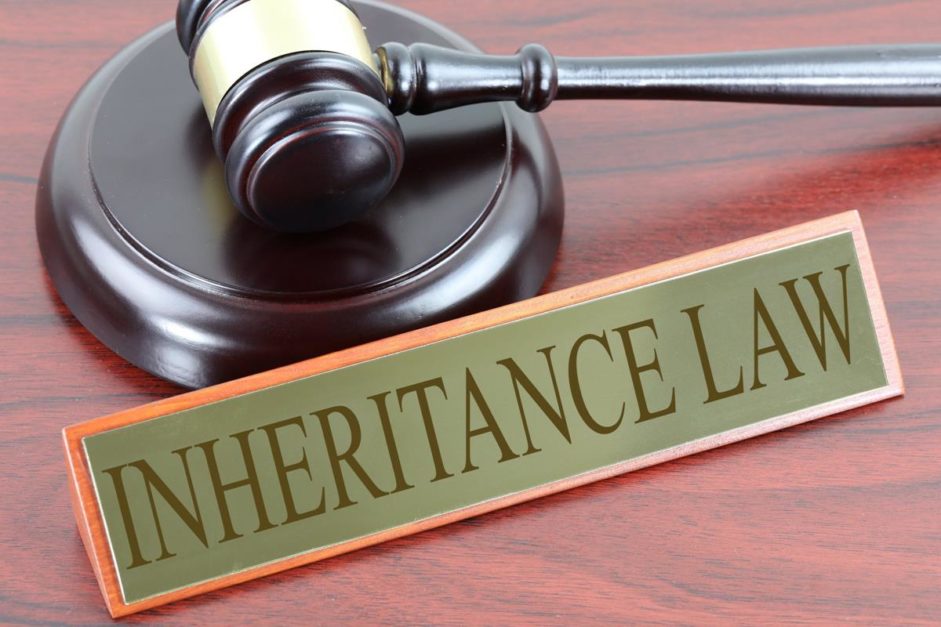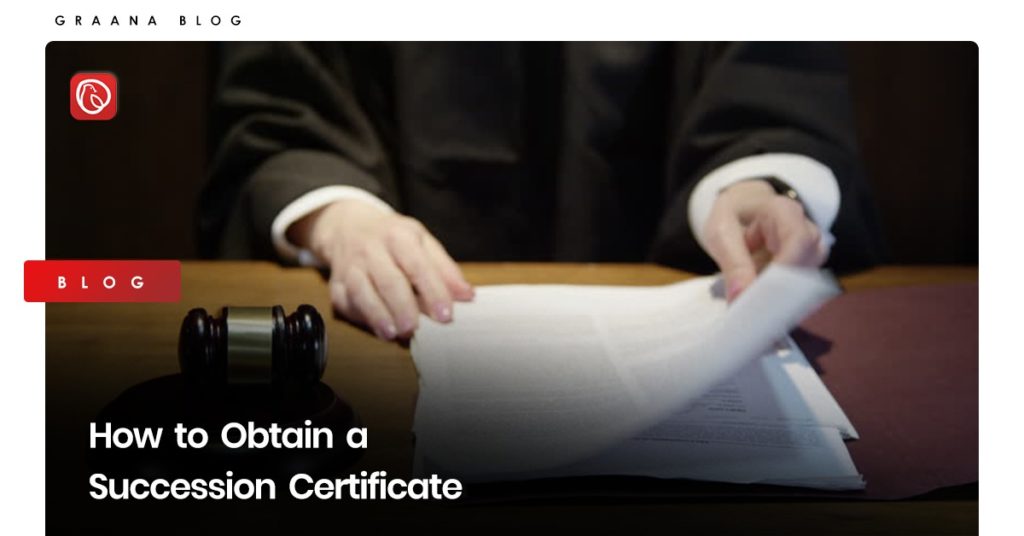Property inheritance law in Pakistan is one of the most discussed legal matters in Pakistan. A legal heir is defined as an individual who is entitled to a share in the assets of a deceased person. These may include real estate properties, insurance amounts, bank account holdings, stocks, bonds, shares, etc.
Graana.com has compiled the key highlights of the process, laws, and rights of succession in Pakistan to help you navigate through what is otherwise a convoluted affair.
The purpose of a legal heir certificate – Inheritance Law in Pakistan

Once the death certificate of the deceased has been obtained, only the successors are eligible to apply for a legal heir certificate under property inheritance law. The legal heir certificate is a document required for recognising the legal heirs of a deceased person.
It can be used for the following purposes:
- For claiming insurance
- For processing the family pension of the deceased employee
- To receive dues such as provident fund, gratuity, etc. from the government
- To receive the salary arrears of the deceased
The purpose of a succession certificate and how to obtain it
On the other hand, a succession certificate is issued to transfer both movable and immovable properties of the deceased to his/her legal heirs. The letter of administration grants the right to administer the estate of a deceased person.
Any one of the legal heirs can apply for a succession certificate. The Succession Act of 1925 governs all the procedures related to succession certificates in Pakistan. In case of multiple legal heirs, each party can apply for the succession certificate individually, and the court can issue it to them according to their share in the property.
Another alternative is that all legal heirs can file a joint application in favor of one legal heir who can distribute the property among other heirs afterward.
The Government of Pakistan also introduced a secure online portal in 2021 that provides letters of administration and succession certificates within 15 days, as opposed to the previous timeframe of 2-7 years.
This was developed by the Succession Facilitation Units of the National Database Restoration Authority (NADRA) with the aim of removing any unnecessary delays and hassle during the process.
This is especially an advantage for overseas Pakistanis, who wouldn’t be required to make an appearance at courts anymore to receive the succession certificate.
The Process to Obtain Succession Certificate

The digital certificate has several security features, including a real-time verification facility. The process to obtain it can be completed in just a few, simple steps:
Initiating the application
The successor has to provide his/her national identity number and the death certificate of the deceased.
Recognizing the legal heirs and assets
The applicant has to give relevant details of the legal heir(s) along with information related to the deceased’s moveable and immovable properties.
Verifying the legal heirs
All the legal heirs mentioned in the application have to visit NADRA’s registration centre for biometric verification.
Advertising
NADRA will publish a notice in newspapers to ensure there is no one who has any objections against that particular application.
Printing & delivery
If no opposition comes forward within 14 days of publication, the letter of administration/succession certificate will be issued to the applicant.
It is important to note, however, that each province has its own conditions for which documents are necessary for initiating the succession certificate procedure.
Inheritance Law in Pakistan
There are two laws that protect the rights of inheritance in Pakistan:
- The Muslim Family Laws Ordinance (1961), gives effect to certain recommendations of the commission on marriage and family laws.
- The West Pakistan Muslim Personal Law (1962), consolidates and amends the provisions of the application of Muslim Personal Law (Shariat).
A few additional things to note are:
- There is no inheritance tax in Pakistan.
- The last domicile of the deceased also dictates the division of inherited property.
- If the deceased gifted a property to another party in their lifetime, it cannot be contested in court after their death.
- Legal heirs can only distribute properties if the outstanding debts of the deceased have been settled.
- If a legal heir passes away before the distribution of inheritance, their share will be divided among the other heirs.
- It is highly advised to hire a lawyer for the distribution of inherited property.
Women’s Rights of Inheritance in Pakistan
There are many cases where female heirs, especially in Pakistan’s rural areas, lose out on their share of inheritance in favor of male family members. This is mostly due to their lack of awareness of women’s legal property rights. The Enforcement of Women’s Property Rights Bill was passed in 2020 to ensure their rightful inheritance.
According to Section 498A of the Prevention of Anti-Women Practices Act (2011), it has also been termed illegal to deprive women of their inheritance in any manner. Any violation of this act will be punished with imprisonment of 5-10 years or with a fine of Rs. 1 million or both.
The inheritance rights of women have been outlined below:
- The wife of the deceased will receive 1/8th of the inherited property if she has children. If she does not have any children, she will own 1/4th.
- The mother of the deceased will have 1/6th of her son’s property. If the deceased had no parents or children, though, the mother would receive 2/3rd.
- If a female has one or more brothers, she will receive half of their share after their father’s death.
These can still vary in case of special circumstances. For more details on property inheritance and mutation of property, visit Graana.com.
FAQs
What is the new law of inheritance in Pakistan?
The new law of inheritance in Pakistan is the “The Succession Act, 1925” which governs the distribution of a deceased person’s property among their legal heirs. However, in certain cases, the personal laws of the deceased may also apply to determine the distribution of their property.
Who are the legal heirs of a deceased person in Pakistan?
Under Pakistani law, the legal heirs of a deceased person include:
Sons and daughters
Parents
Widow/widower
Grandsons and granddaughters (if their father predeceased the deceased)
Full siblings
Half-siblings (if they share the same father)
What is Muhammadan law of inheritance in Pakistan?
Muhammadan law of inheritance in Pakistan is a set of principles and rules that govern the distribution of a deceased Muslim’s property. It is based on the Quranic injunctions and the teachings of the Prophet Muhammad (PBUH). The principles of Muhammadan law of inheritance in Pakistan are also recognized by the Succession Act, 1925.
What is the inheritance law in Islam?
In Islam, the inheritance law is based on the Quranic principles and the teachings of the Prophet Muhammad (PBUH). According to Islamic law, the property of a deceased Muslim is distributed among their legal heirs in a specific manner, with fixed shares for each category of heirs.
The shares are determined based on the relationship of the heir to the deceased and the presence or absence of other heirs. Islamic inheritance law aims to ensure that the property is distributed fairly among the legal heirs and that the rights of each heir are protected.





Comments are closed.